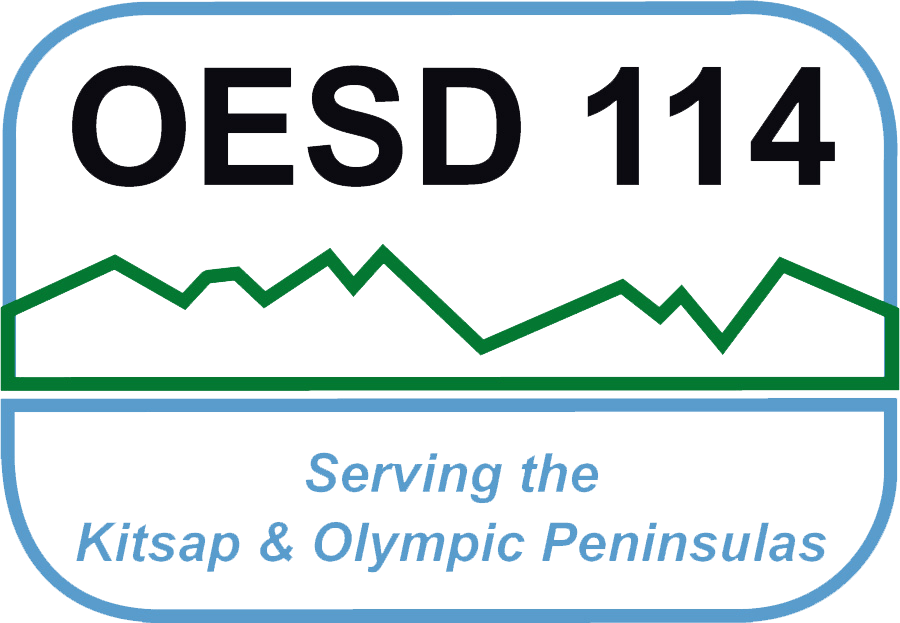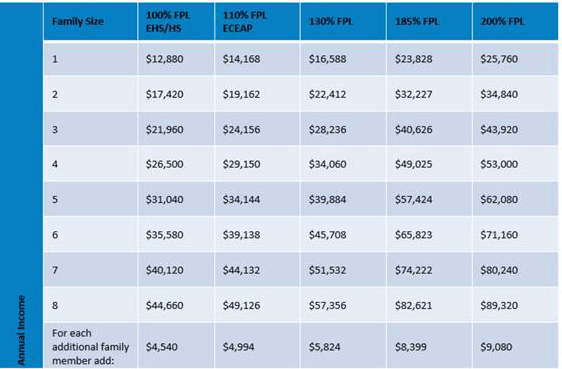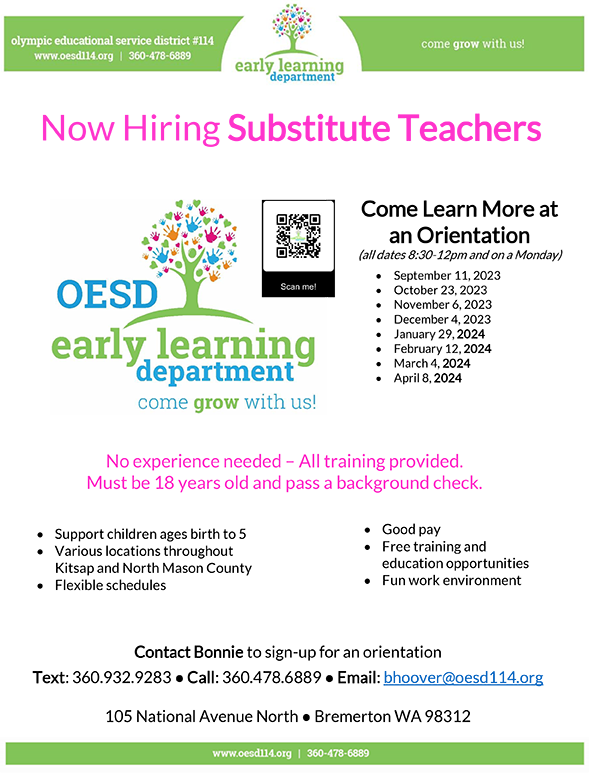About Early Learning
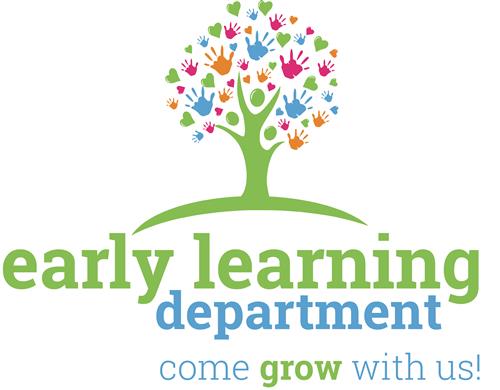
Welcome to Early Learning
Through caring relationships with families, respect for diversity, and community partnerships, we nurture school readiness by promoting supportive learning environments, comprehensive health and well-being, and the empowerment of children and families.
If you have questions, please call us directly at (360) 478-6889 or 1-(800) 201-1300.
We'd love to hear from you! Email us at earlylearning@oesd114.org.
We are now enrolling for the 2023-2024 Program year
Apply now by using the buttons below and selecting your preferred language. You will be taken to an online form.
View Preschool Locations
View a map and a list of our preschool locations by clicking the button below.
Application Process
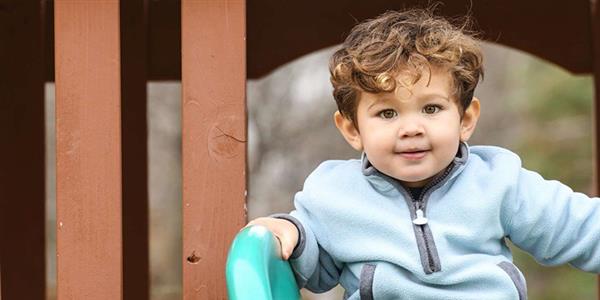
Who is Eligible for Our Services?
- Developmental Factors: such as developmental delay, disability, or other special needs.
- Environmental Factors: such as homelessness, family violence, chemical dependency, foster care, or incarcerated parents.
After eligibility is determined, children are prioritized for enrollment as space is available in their communities.
Age Eligibility
- Home Based Early Head Start: Pregnant Mothers and Children Birth up to age 3. A qualified home visitor will visit home once a week for 90 minutes to share fun activities designed to advance child’s development. This option is available for pregnant mothers and families with children from birth to three years old that qualify for Early Head Start services.
- Full Day Head Start: 6 weeks to 5 years old Families must have a demonstrated need for full day and full year services. Services are provided 5 days a week, for a minimum of 6 hours a day.
- Part Day Head Start & ECEAP: Age 3-5 years old Services are provided part-time, three or four days a week. Classes are in session September through May with some year-round options.
Income Eligibility
*Effective 1/13/2021
- Children found to be 100% or below of the FPL are considered income-eligible for all programs.
- Children found to be 110% or below of the FPL are considered eligible for ECEAP.
- If there are no longer any children on the waitlist below 100% FPL, Head Start may enroll up to 35% of its available slots with children who are 100-130% FPL.
- 10% of applicants may exceed the income guidelines.
- For ECEAP the program may petition the State to increase this to 25%.
Selection Priority Criteria
- What is selection criteria? Selection criteria is a way to prioritize and select the children with the greatest need.
- How we determine the criteria? The selection criteria will be updated by our program annually using the latest Community Needs Assessment data AND the Department of Children, Youth and Families (DCYF) Research-Based Risk Factors. (HS 1302.14, EC B-210).
- How often and why do we review selection criteria? These are reviewed and approved year after year by Policy Council, to ensure our program meets community needs and builds on strengths and resources. (HS 1302.11b).
- For Early Head Start and Head Start, a minimum of 10% of children selected must have an IFSP (Individual Family Service Plan) or IEP (Individual Education Plan).
- For ECEAP (Early Childhood Education Assistance Program), the DCYF provides their own priority point system updated annually that OESD is required to use when placing ECEAP children. (EC B-210)
Program Administration
Program administration is about building systems that support and maintain high-quality services delivered to children, families, partners, and staff. We ensure that high-quality services are provided by aligning our systems to Performance Standards, monitoring program implementation through ongoing evaluation and self-assessment, thorough and effective documentation and reporting systems, and ongoing goal setting. Program Administration focuses on: financial management, human resources, program monitoring, ERSEA (eligibility, recruitment, selection, enrollment, attendance), and program supports.
- KICC 2023 PIR Update to Community Assessment
- KICC 2022 Comprehensive Assessment
- KICC 2021 Comprehensive Community Assessment
- KICC 2020 Comprehensive Community Assessment
- KICC 2019 Comprehensive Community Assessment
- KICC 2018 Comprehensive Community Assessment
- KICC 2017 Comprehensive Community Assessment
- KICC 2016 Comprehensive Community Assessment
- KICC 2015 Comprehensive Community Assessment
- 2022-2023 ECEAP and Head Start Self-Assessment and Action Plan
- 2021-2022 Head Start Self-Assessment and 2022-2023 Action Plan
- 2020-2021 Head Start Self-Assessment and Action Plan 2021-2022
- 2019-20 Head Start Self-Assessment
- 2018-19 Head Start Self-Assessment
- 2017-18 Head Start Self-Assessment
- 2016-17 Head Start Self-Assessment
- 2015-16 Head Start Self-Assessment
- 2014-15 Head Start Self-Assessment
- 2022-2023 ECEAP and Head Start Self-Assessment and Action Plan
- 2021-2022 ECEAP Self-Assessment and 2022-2023 Action Plan
- 2020-21 ECEAP Self-Assessment & Action Plan 2021-22
- 2021 ECEAP Self Assessment
- 2018-19 ECEAP Self-Assessment
- 2017-18 ECEAP Self-Assessment
- 2016-17 ECEAP Self-Assessment
- 2015-16 ECEAP Self-Assessment
- 2014-15 ECEAP Self-Assessment
Being a Substitute Teacher is a wonderful opportunity to work with children ages birth to 5.
- We Offer Good Pay
- We Work Around YOUR Schedule
- No Experience Necessary
Please Call (360) 478.6889 for more information or to reserve your spot.
